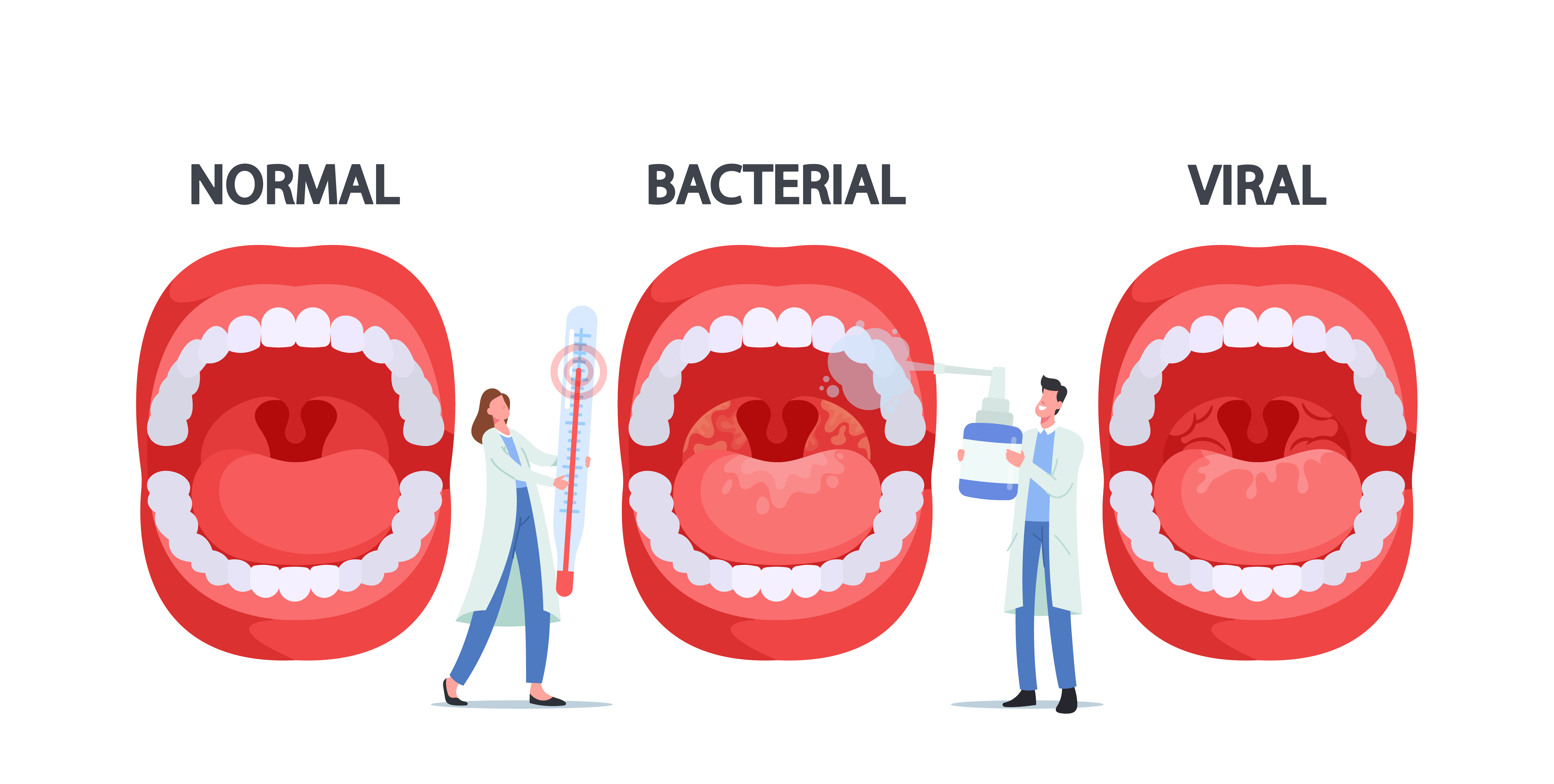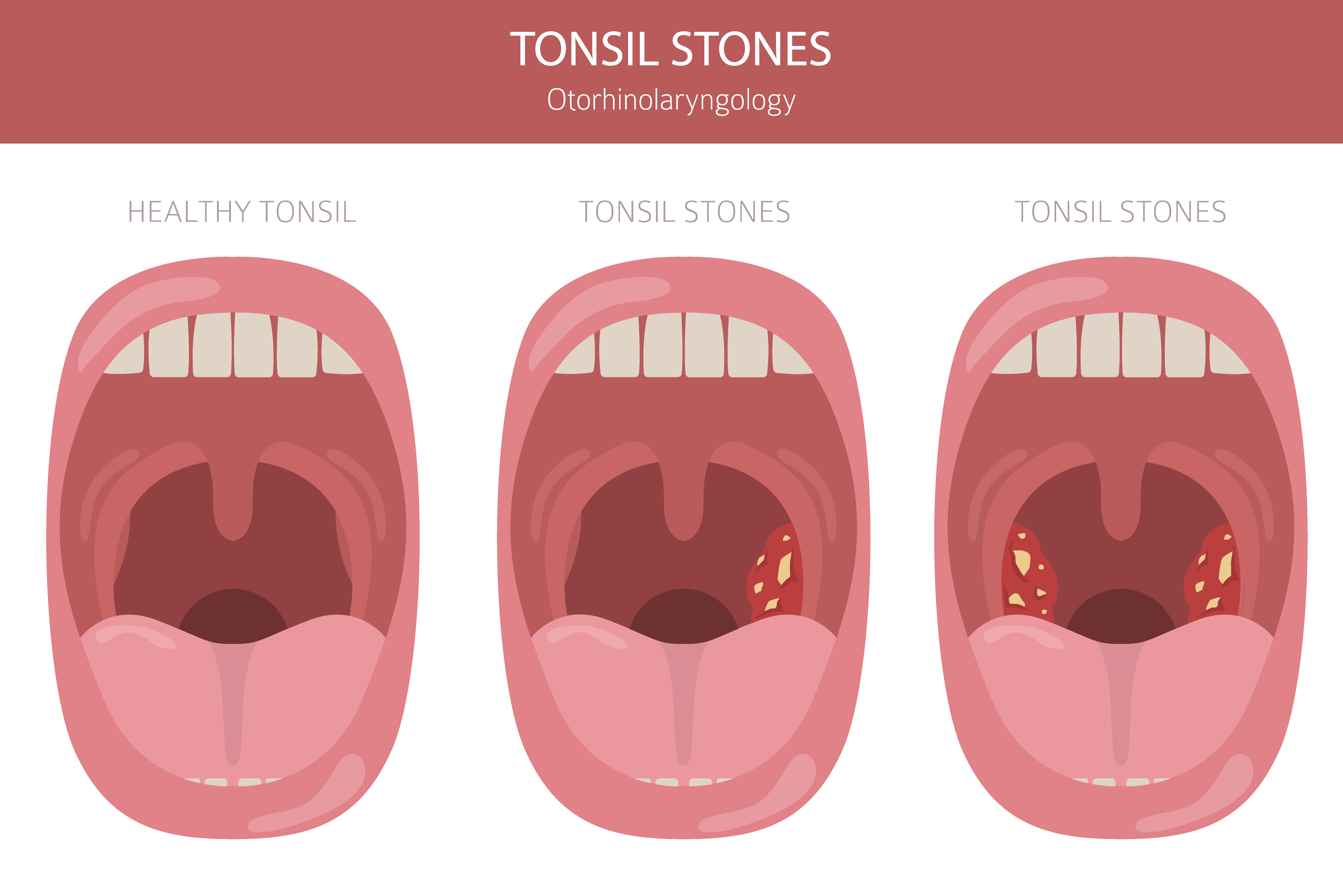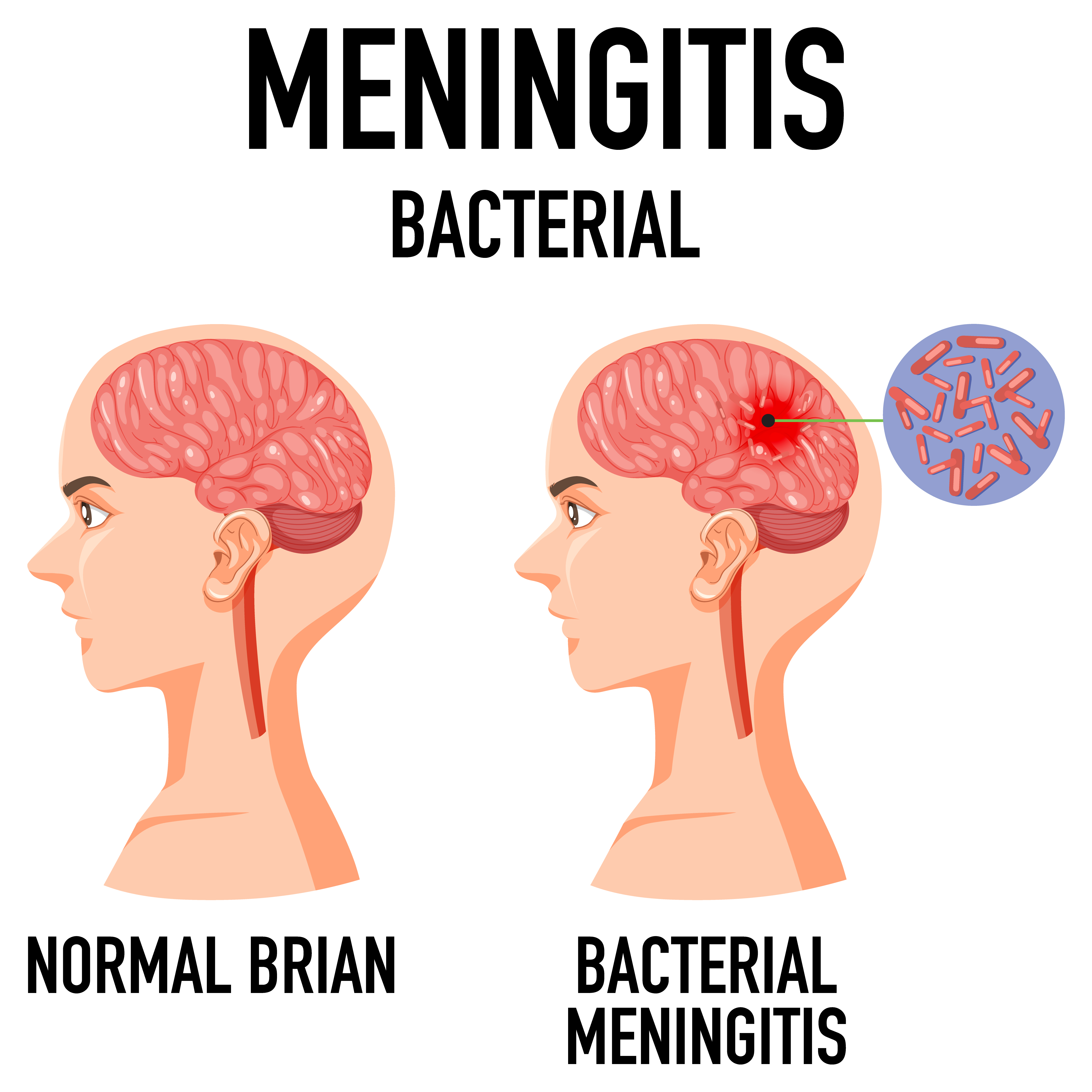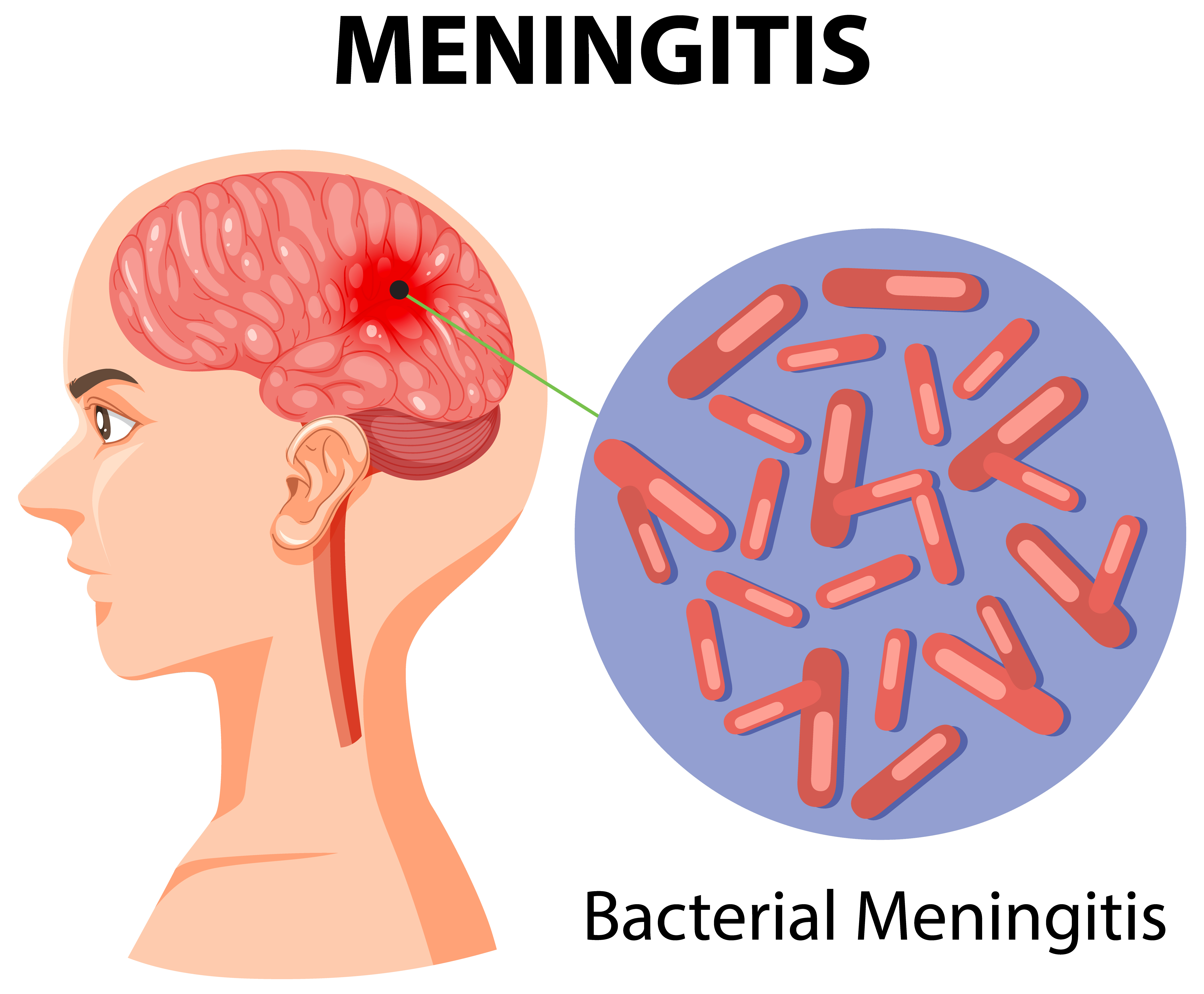
Doctors Dismissed the Common Symptoms of a 5-Year-Old Girl – 12 Hours Later, She Tragically Died in Her Sleep Beside Her Mom
A mother's instincts collided with medical oversight, and by morning, her daughter was gone. The misdiagnosis raised urgent questions, but the family's grief refused to settle into silence. Now, their fight isn't just for answers but also for change.
What began as a search for relief from common childhood symptoms turned into a devastating ordeal for one British family. A young girl's pain was thought to be minor, but her mother feared there was more behind it. Still, their concerns were dismissed, and they were sent home with standard instructions and a prescription in hand.
Hours later, the little girl died. The case has now drawn public attention, not only because of the medical questions it raises but also because of the strength of her grieving mother, who is seeking answers while working to help others. The tragedy continues to weigh heavily on a family determined to make sure their daughter is never forgotten.
A Sudden Onset of Symptoms
It was a quiet afternoon in December 2023 when five-year-old Lila Marsland began to feel unwell. She complained to her mother, Rachael Mincherton, of a headache and neck pain, two symptoms that often go overlooked, especially in young children. Soon after, she started vomiting.
The symptoms were concerning but not unusual enough to raise immediate alarms for something more serious until Rachael began to suspect it could be meningitis. Rachael, a former nurse, wasted no time.
She took Lila to Tameside Hospital in Greater Manchester, hoping medical professionals would consider the possibility of something beyond a routine childhood illness. But at the hospital, the family's fears were brushed aside.
A district nurse assessed Lila and diagnosed her with tonsillitis, a common infection often marked by a sore throat, fever, and swollen glands. They were sent home with a prescription for antibiotics, and no further testing was done.
Still uneasy, Rachael questioned whether meningitis could be the cause. She asked the hospital staff directly about the possibility. But her concern was dismissed. The diagnosis remained tonsillitis.
The Morning After
When Rachael awoke the next morning, she found Lila unresponsive. The child who had gone to bed with what was believed to be a common infection had died during the night. "At that moment, our family changed forever," Rachael reflected.
Within hours, an initial post-mortem examination revealed signs of meningitis bacteria in the fluid surrounding Lila's brain. The same condition Rachael had suspected and mentioned to hospital staff had caused the child's demise.
As the shock of her sudden passing set in, those closest to Lila clung to memories of the vibrant little girl whose spirit had touched everyone around her.
A Bright Light in Every Room
Lila was known for her gentle nature and infectious joy. Teachers adored her, and friends flocked to her. School pick-ups often stretched into long, affectionate goodbyes. "It would take half an hour to leave as she would be hugging all of the teachers," Rachael recalled.
She found joy in the simple things: playing with friends, dancing, cheerleading, and attending Rainbows, a local group for young girls. At just five years old, she already had a presence that drew people in.
"She had a zest for life and her entire future ahead of her," her mother shared. "It breaks our hearts that she'll never get to make the most of life and fulfil her potential."
As Lila's loved ones mourned the loss of her light, they couldn't help but wonder how such a rapid decline could have been overlooked. How could something as serious as meningitis have been mistaken for something as common as tonsillitis?

Vector illustration showing Tonsil Streptococcus Thermophilus bacteria infection | Source: Getty images
What to Know About Tonsillitis
Tonsillitis is one of the most common childhood illnesses. It happens when the tonsils — small, soft tissue glands at the back of the throat — become infected by bacteria or viruses. This can lead to swelling, redness, and pain, especially when swallowing.

Vector illustration of tonsil stones | Source: Getty images
Though uncomfortable, it's usually not dangerous and often goes away with the help of antibiotics or rest. The symptoms can appear suddenly, and children may develop a sore throat, fever, vomiting, or stomachache.
Red, swollen tonsils, sometimes with white or yellow spots, are classic signs. Swollen glands in the neck are also common. These signs, though distressing, usually signal a standard infection, not something life-threatening.

Illustration of the concept of sore throat, cold, flu and laryngitis | Source: Getty images
Because it's contagious, tonsillitis spreads quickly through classrooms and households. Most children will experience it at least once, and those between the ages of five and 15 are particularly at risk.
In most cases, a simple checkup is all that's needed. However, when the symptoms overlap with other serious conditions, a more thorough evaluation can be critical.

3D isometric flat vector conceptual illustration of parts of the human mouth | Source: Getty images
What to Know About Meningitis
Unlike tonsillitis, meningitis is a rare but serious medical emergency. It is an inflammation of the membranes surrounding the brain and spinal cord, known as the meninges. It can be caused by fungi or non-infectious triggers, most often due to a viral or bacterial infection.
Bacterial meningitis is the most dangerous among these. It is fast-moving, hard to detect, and potentially fatal within hours. The infection tends to affect children under five more than any other age group, and the early symptoms are easy to mistake for less serious conditions.

Diagram showing bacterial meningitis | Source: Getty images
Neck stiffness, headache, vomiting, and fever are common, just like with tonsillitis. In children, symptoms may also include a rash, sensitivity to light, drowsiness, or extreme difficulty waking. In some cases, children become confused or disoriented as the infection spreads.
Because the meninges are close to the bloodstream, bacterial meningitis can quickly lead to sepsis, a life-threatening condition where the body's immune response causes widespread inflammation and organ damage. It's estimated that 1 in 10 cases of bacterial meningitis ends in death.

Conceptual illustration showing brain and close-up view of viruses infecting neurons | Source: Getty images
For those who survive, long-term complications like hearing loss, memory problems, or limb damage are not uncommon. What makes meningitis especially dangerous is how quickly it can escalate. Without rapid diagnosis and intravenous antibiotics, the infection can become untreatable.
The challenge lies in the overlap of symptoms with other, far less dangerous childhood illnesses. That's why awareness and parental instinct play such a vital role in early intervention. For Lila's family, the confirmation that she had been suffering from meningitis came after the worst had already happened.

Diagram showing a brain infected with meningitis | Source: Getty images
"No family thinks they'll ever find themselves in this position," Rachael shared. "It's almost impossible to put into words the feeling of loss our family faces every day and how Lila's death will remain with us forever."
In the wake of their loss, Rachael and her partner Darren Marsland didn't retreat into silence. Instead, they channeled their grief into action, determined to bring meaning to Lila's memory and to ensure that other families would never have to experience what they did.
Turning Grief into Purpose
Since Lila's passing, her family has faced the impossible task of moving forward without her. But rather than letting their grief remain private, Rachael and her partner Darren have been working to ensure that Lila's life and her loss would have a lasting impact.
They founded Lila's Light, a charity supporting children who have lost siblings and raising awareness about early childhood illness. The idea was to create bereavement bags for siblings facing the trauma of loss, something Lila's big sister, Ava, was now living through.
The initiative quickly took hold as friends, neighbors, and strangers rallied behind the cause. In just a short time, the family raised more than $13,500 through community events and fundraisers. One of their earliest efforts was a charity football match and family fun day. As the months passed, their efforts grew more ambitious.
On March 29, 2025, Lila's Light shared a post looking ahead to a major challenge. "1 week to go until we take on the Yorkshires peaks. Over 24 miles in 12 hours...3 peaks to climb...if anyone would like to sponsor us 💜," it read.
By September, the group had taken on a new summit to Scafell Pike, England's highest mountain. "Another beautiful day with beautiful people 💜," the charity posted on September 22, 2024. "Scafell Pike… our 3rd mountain, a tough walk up… scrambling up rocks but we all made it 💜. Thanks again for all the support we receive from an amazing bunch of people and the continued donations 💜."
But even as they found ways to cope with their loss, Rachael and Darren needed answers, and that meant turning to the legal system and preparing for the emotional weight of a public inquest.
Seeking Answers
Over a year since Lila's death, her parents are still focusing on the questions that continue to trouble them. How was their daughter, showing clear signs of serious illness, diagnosed with a routine infection and sent home? And why was Rachael's concern about meningitis dismissed without further investigation?
To help uncover those answers, the couple consulted specialist medical negligence lawyers at Irwin Mitchell, one of the UK's leading firms in complex healthcare cases. They hope to understand whether Lila's death could have been prevented, and if so, what could be done to prevent similar mistakes in the future.
"One of the hardest things to try and come to terms with is having so many unanswered questions about why Lila died," Rachael said. "We know the inquest and listening to the evidence is going to be incredibly difficult, but it's something we need to do to establish answers for our girl."
An eight-day inquest began on May 27, 2025, at Manchester South Coroner's Court in Stockport. The inquest may provide answers, but it won't restore what was lost.
Still, Rachael and Darren continue to speak out in the hope that their daughter's story will serve as a warning and a call to action. Because when it comes to recognizing serious illness in children, hesitation can cost everything.
Support has been pouring in from strangers who followed the story and shared their disbelief. "How could they miss those classic symptoms? How awful," one person wrote. Another commented, "You do not need to be a medical professional to know those symptoms mean likely [sic] meningitis."
"Sweet little girl. I'm so sorry she was let down. Medical professionals should know the symptoms of meningitis. With her mum telling them Lila's symptoms, it should have been clear she needed tested [sic] for it. R.I.P Lila x," said another.
The information in this article is not intended or implied to be a substitute for professional medical advice, diagnosis or treatment. All content, including text, and images contained on news.AmoMama.com, or available through news.AmoMama.com is for general information purposes only. news.AmoMama.com does not take responsibility for any action taken as a result of reading this article. Before undertaking any course of treatment please consult with your healthcare provider.
